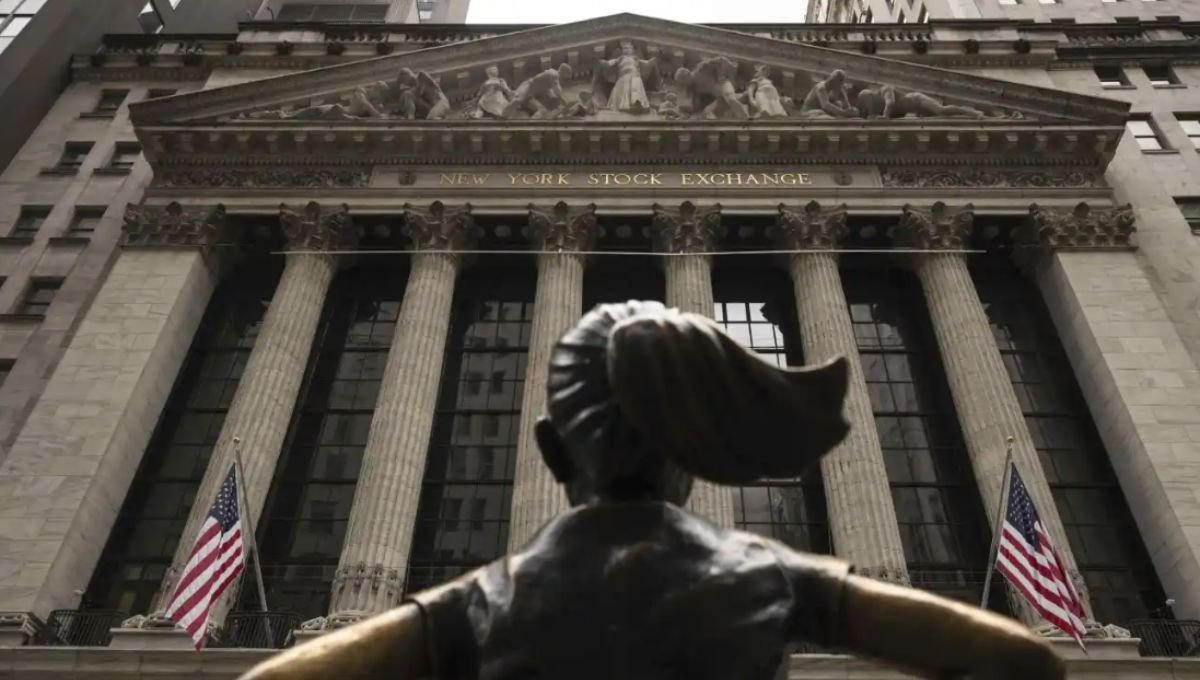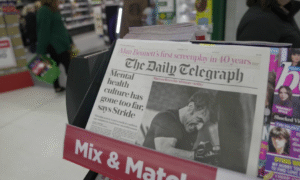U.S. stock markets were subdued on Friday as investors returned to trading after the Juneteenth holiday. The S&P 500 dipped 0.3% in afternoon trading, after fluctuating between slight gains and losses earlier in the day. The Dow Jones Industrial Average was down by 44 points, or 0.1%, while the Nasdaq composite slipped 0.6%.
In the bond market, Treasury yields held mostly steady. Investor attention remained focused on rising geopolitical tensions after former President Donald Trump stated he would decide within two weeks whether U.S. military forces would intervene in the ongoing conflict between Israel and Iran. This development leaves room for potential diplomatic progress on Iran’s nuclear program, which could help de-escalate the situation.
The Israel-Iran conflict has caused oil prices to swing unpredictably due to concerns about disruptions in global crude supply. Iran, a significant oil producer, also controls access to the Strait of Hormuz — a critical chokepoint for international oil shipments.
“We’re all waiting on pins and needles to see what happens with the Israel-Iran situation,” said Brian Jacobsen, chief economist at Annex Wealth Management. He noted that while such conflicts can rattle markets, often the best course is to stay the course rather than react impulsively.
Back on Wall Street, Kroger saw its stock jump 8.8% after the supermarket chain reported better-than-expected earnings for the quarter and raised its full-year revenue outlook. CFO David Kennerley noted that while the company is seeing some positive momentum, the broader economic environment remains uncertain.
CarMax also delivered strong results, climbing 6.4% after reporting higher profits and a nearly 6% increase in used car sales compared to the same quarter last year.
On the downside, shares of gun manufacturer Smith & Wesson Brands plunged 19.5% after the company missed Wall Street’s profit and revenue expectations. CFO Deana McPherson pointed to persistent inflation, high interest rates, and tariff concerns as key factors hurting consumer demand. The company expects similar demand patterns in the upcoming fiscal year, depending on how inflation and trade policies evolve.
Many companies are rethinking or retracting their financial forecasts due to uncertainty around tariffs, which are affecting both customers and supply chains. The Federal Reserve, too, is adopting a wait-and-see approach. It has held interest rates steady this year, including in its latest decision earlier this week, as it assesses how tariffs might impact the economy and inflation levels.
In the bond market, the 10-year Treasury yield ticked down slightly to 4.37% from 4.38%, while the 2-year yield, which more directly reflects Fed rate expectations, slipped to 3.91% from 3.94%.
Overseas markets were mixed. Japan’s Nikkei 225 dipped 0.2% after data showed that core inflation — excluding volatile food prices — rose to 3.7% in May. The uptick in inflation poses new challenges for Prime Minister Shigeru Ishiba’s administration and the Bank of Japan.
Read Also:
Meatpacking Giant JBS Launches Trading on New York Stock Exchange














